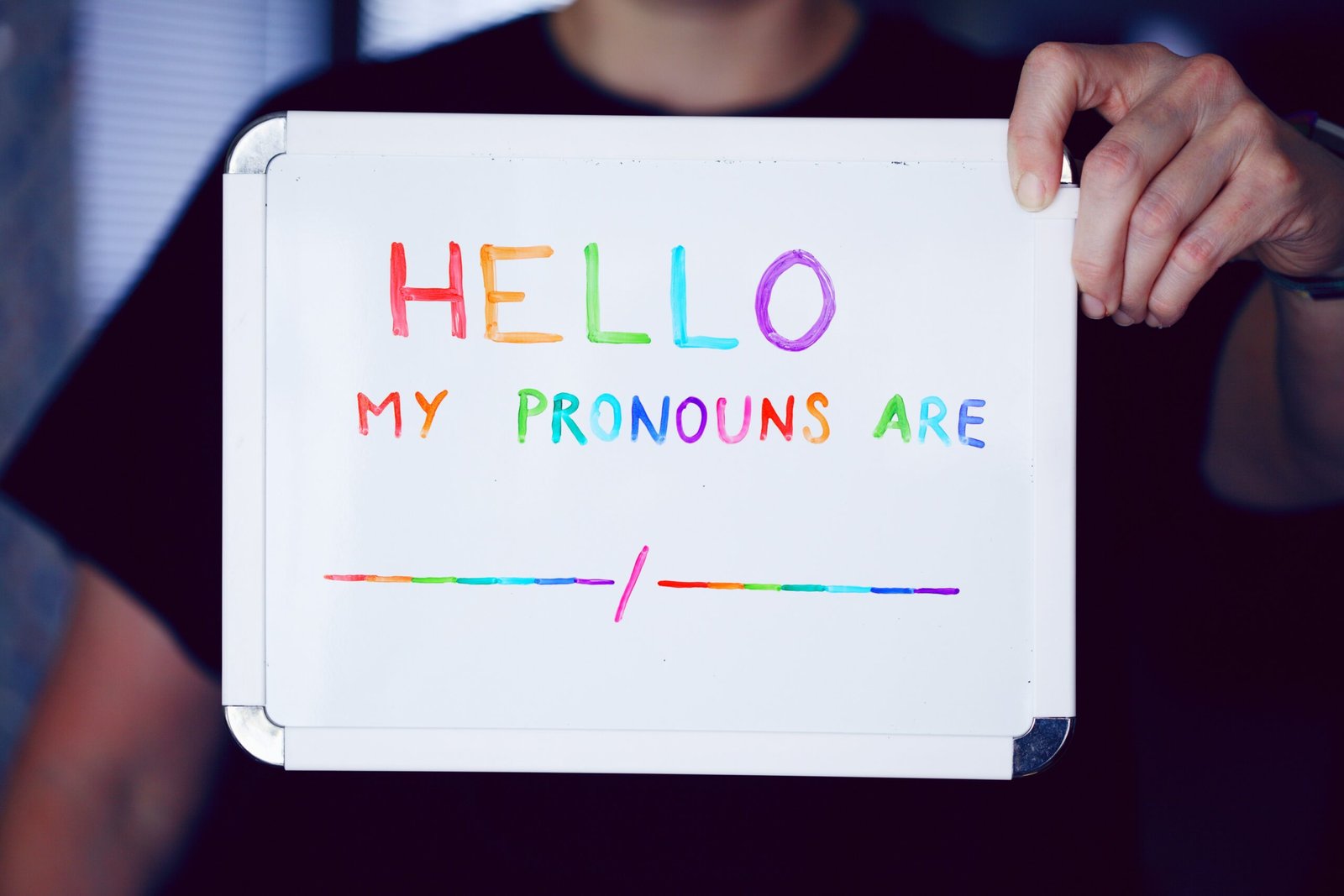The Importance of Community Support and Peer Networks for Non-Binary and Genderqueer Individuals in Navigating Sexual Accessibility
When it comes to discussing sexual accessibility, it is crucial to recognize and address the unique experiences and challenges faced by non-binary and genderqueer individuals. These individuals often find themselves navigating a world that is predominantly binary in its understanding of gender and sexuality. In this blog post, we will explore the importance of community support and peer networks for non-binary and genderqueer individuals in their pursuit of sexual accessibility, highlighting the opportunities for connection, validation, and shared experiences that these networks provide.
Understanding Non-Binary and Genderqueer Identities
Before delving into the significance of community support and peer networks, let us first clarify what it means to be non-binary or genderqueer. Non-binary individuals identify outside of the traditional male-female gender binary, while genderqueer individuals may embrace a fluid or non-conforming gender identity. Both identities challenge societal norms and expectations surrounding gender and offer alternative ways of understanding and expressing oneself.
Challenges Faced by Non-Binary and Genderqueer Individuals
Non-binary and genderqueer individuals often encounter unique challenges when it comes to sexual accessibility. Many mainstream discussions around sex and relationships are centered around the binary understanding of gender, leaving those who do not fit into this framework feeling marginalized and excluded. This lack of representation can lead to feelings of isolation, confusion, and a sense of not belonging.
Moreover, non-binary and genderqueer individuals may face difficulties in finding partners who understand and respect their identities. Traditional dating platforms and spaces may not cater to their specific needs, making it harder to establish meaningful connections. This is where community support and peer networks play a vital role.
The Power of Community Support and Peer Networks
Community support and peer networks provide a safe and inclusive space for non-binary and genderqueer individuals to connect, share experiences, and find validation. These networks offer a sense of belonging and understanding that may be lacking in mainstream society. They create opportunities for individuals to explore their identities, express their desires, and seek advice from others who have faced similar challenges.
By connecting with others who share similar experiences, non-binary and genderqueer individuals can find solace and support in a world that often fails to recognize their existence. These networks foster a sense of empowerment, enabling individuals to embrace their identities and assert their needs and desires in sexual relationships.
Benefits of Community Support and Peer Networks
There are several key benefits that community support and peer networks offer to non-binary and genderqueer individuals in their pursuit of sexual accessibility:
1. Validation and Acceptance:
Being part of a community that understands and accepts their identities provides a much-needed sense of validation for non-binary and genderqueer individuals. It affirms their existence and helps combat feelings of isolation and self-doubt.
2. Shared Experiences:
Community support and peer networks create spaces for individuals to share their experiences, challenges, and triumphs. This sharing of stories allows for a deeper understanding of one’s own identity and helps build resilience and confidence.
3. Education and Resources:
These networks often provide educational resources, workshops, and discussions that help non-binary and genderqueer individuals navigate various aspects of sexual accessibility. From safer sex practices to communication skills, these resources empower individuals to make informed choices and engage in fulfilling relationships.
4. Advocacy and Activism:
Community support and peer networks also play a crucial role in advocating for the rights and visibility of non-binary and genderqueer individuals. By coming together and raising awareness, these networks contribute to a more inclusive and equitable society.
Conclusion
Community support and peer networks are invaluable resources for non-binary and genderqueer individuals in their journey towards sexual accessibility. These networks provide opportunities for connection, validation, and shared experiences, helping individuals navigate the challenges they face. By fostering a sense of belonging and empowerment, these networks contribute to a more inclusive and understanding society. It is essential that we continue to recognize and support the importance of these networks in creating a world where everyone can access and enjoy fulfilling sexual experiences, regardless of their gender identity.

